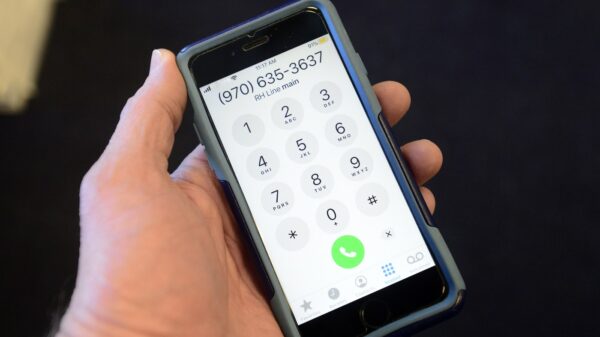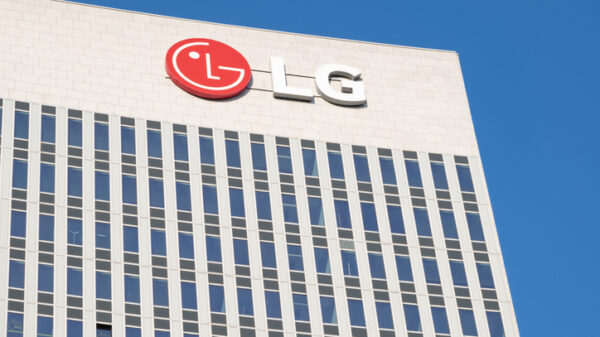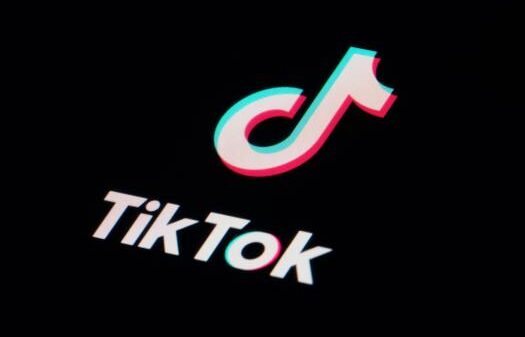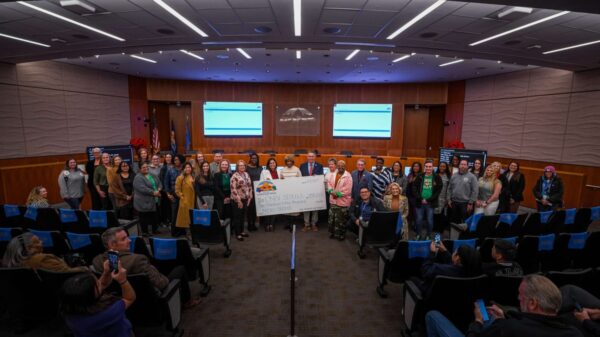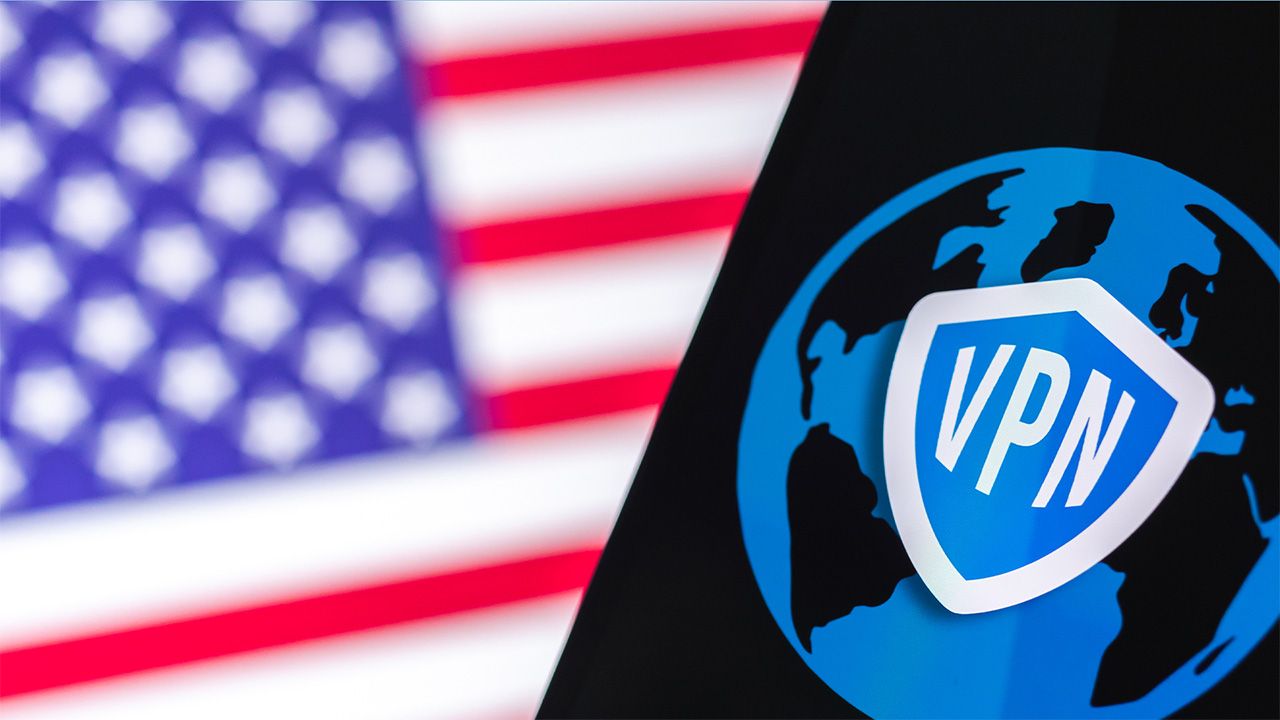Interest in virtual private networks (VPNs) has surged in Arizona following the implementation of new age verification laws on September 26, 2025. According to data from Google Trends, Arizona leads the United States in searches for “VPN,” significantly outpacing the second-highest state, Maryland. This spike in interest reflects a growing concern among Arizonans and many Americans about internet privacy and the implications of these laws.
The recently enacted laws mandate that internet users provide sensitive personal information to verify their age before accessing specific websites. While the intention is to protect minors from harmful content, these requirements raise cybersecurity concerns that have left many users wary. Arizona is one of 24 states currently enforcing such age verification measures, with others still in the legislative process.
Growing Demand for VPN Services
The demand for VPNs in Arizona has seen a notable increase in the weeks surrounding the law’s introduction. Data indicates that searches for VPNs rose steadily in the two weeks leading up to September 26, peaking the day after the laws took effect. Notably, searches for VPNs were at their highest on September 27. Although interest dipped slightly between September 28-30, it has since begun to rise again.
Proton VPN reported a substantial increase in sign-ups across the United States, confirming a 450% rise in Arizona compared to previous data. The service is known for both its high speed and its free VPN option, which may appeal to newcomers wary of subscription costs. Google Trends also highlighted a significant uptick in searches for terms such as “Proton VPN download,” “how much is NordVPN,” and “VPN for Safari,” indicating a strong interest in various VPN offerings.
Other states like Ohio have also seen a rise in VPN interest as similar age verification laws came into effect on September 30. While Ohio’s search interest does not match Arizona’s, there was a noticeable spike in VPN searches during the law’s rollout, demonstrating a nationwide trend.
Implications of Age Verification Laws
Concerns about the effectiveness of age verification laws in combating cybercrime and protecting children have been widely debated. Laura Tyrylyte, a privacy advocate at NordVPN, acknowledged the legitimate concerns driving these laws but cautioned that the requirement for users to provide sensitive information to third-party processors poses significant risks. Tyrylyte warned that this could lead to data breaches and other privacy violations.
Tyrylyte suggested that device-level controls, such as parental control tools, might be a more effective means of safeguarding children online. These tools allow parents to manage app downloads and block inappropriate content, providing a safer alternative without compromising user privacy.
As the landscape of internet privacy continues to evolve, the interest in VPNs is likely to grow. With states like Missouri set to implement similar laws on November 30, and Michigan considering its own legislation, the trend of rising VPN searches may well continue across the United States.
In conclusion, as challenges to online privacy mount, the surge in VPN interest reflects a broader societal response to the complexities introduced by age verification laws. As more individuals seek ways to protect their online identities, VPN services may play an increasingly pivotal role in addressing these concerns.














